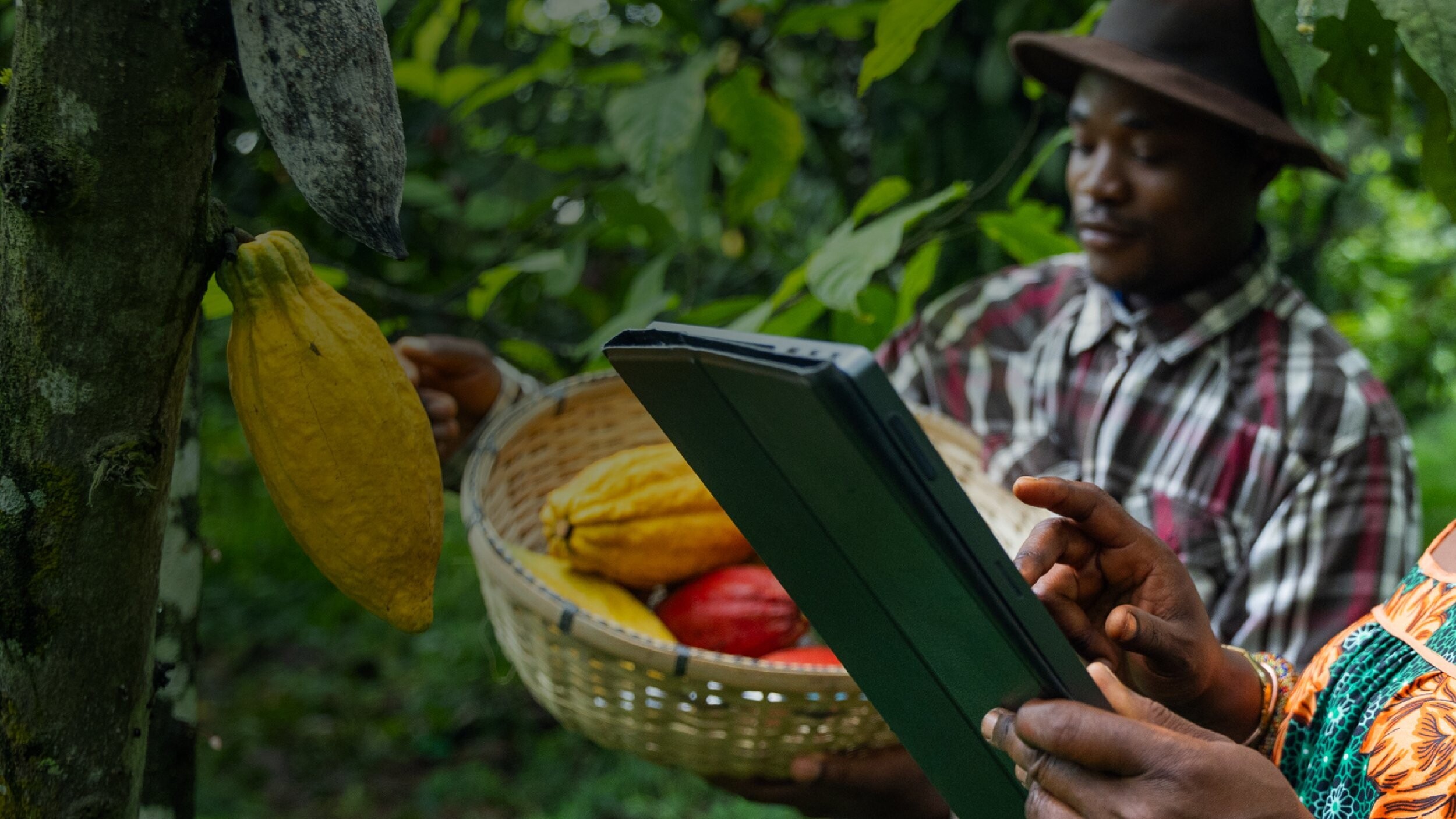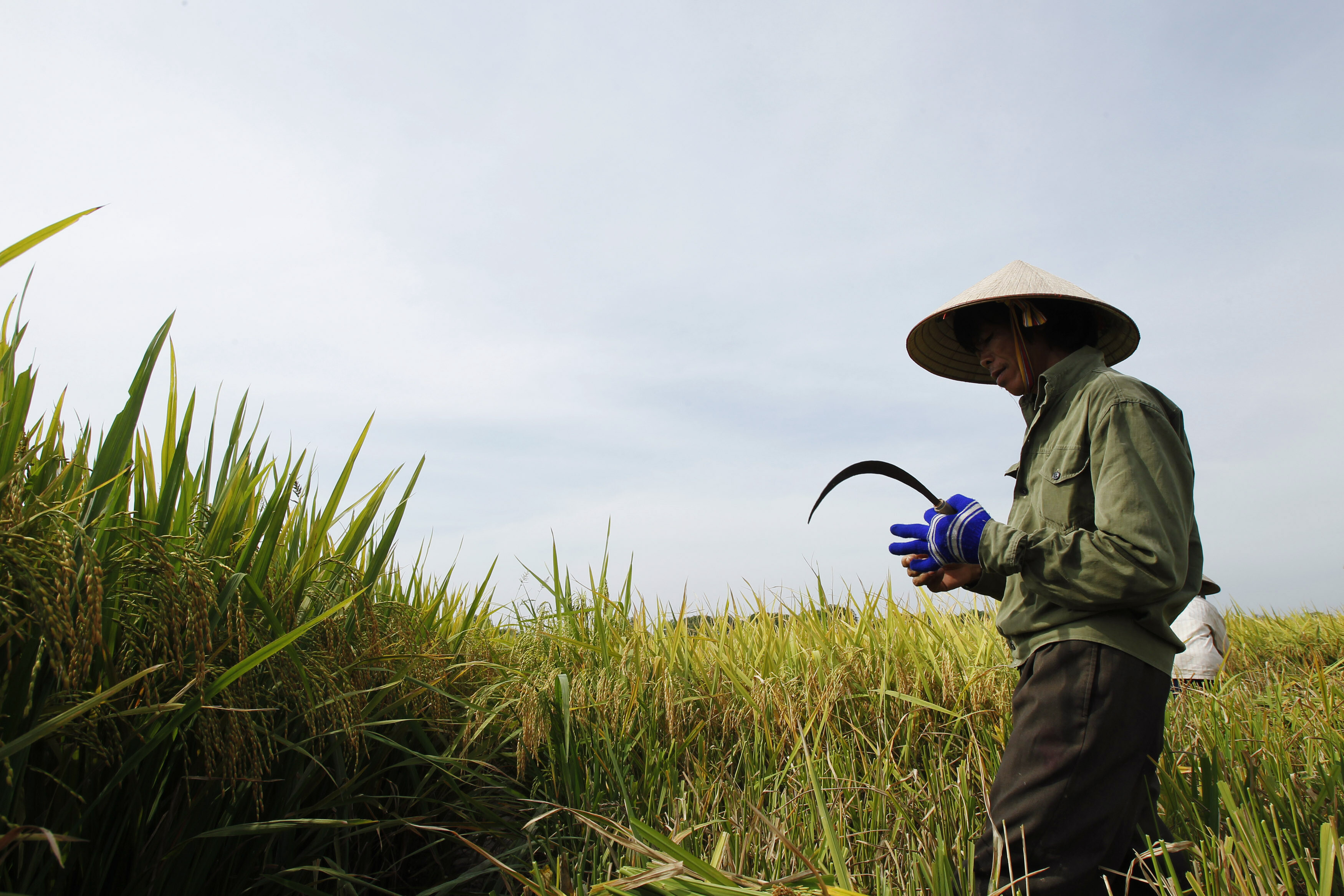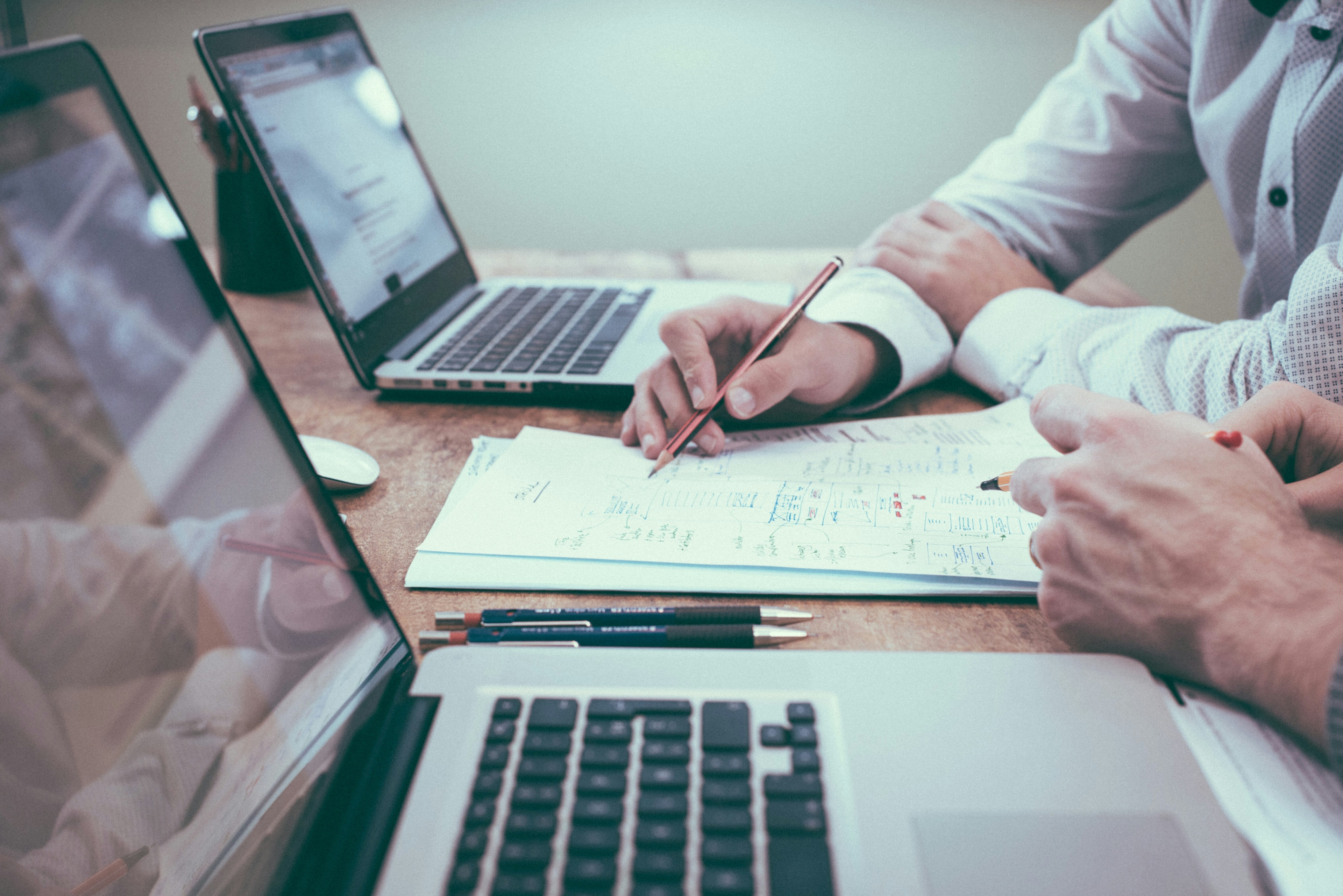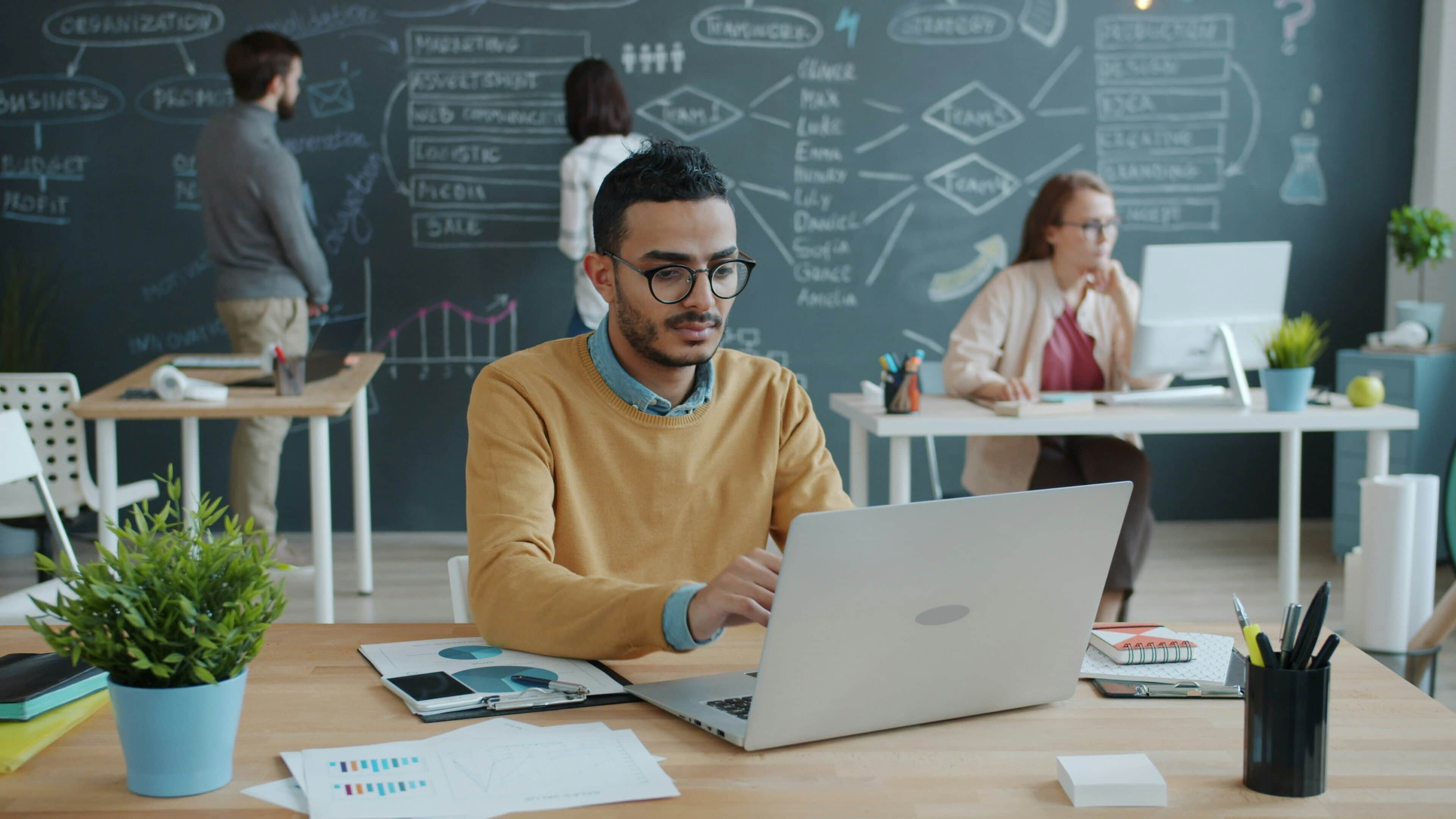Are we becoming more socially responsible?

There has never been so much potential in so many hands. There have never been so many people who have wanted to turn that potential into positive impact for the sake of our world. That is how I would describe our historical moment, and I think it’s truer by the day.
It’s not just a question of the technology at our fingertips, though that of course is fundamental to our new reality. It’s a question of something deeper: a new value system that has inspired a new zeitgeist.
A desire for purpose and mission. An emphasis on positive impact over material gain. A preference for sharing and giving over owning and taking. A willingness to break down silos and connecting the dots in new ways. An urgent, enthusiastic desire to find new solutions to the world’s most pressing problems. These are some of the main values of the new zeitgeist.
The proof is everywhere
And no longer are they the values of young idealists only. They are the values held by growing legions of people in all generations in all parts of the world. They are the dominant values of the generation that is coming of age right now. And the people who hold these values dear have the means to effect real change on a massive scale. This has never been the case before.
At the recent World Economic Forum Annual Meeting of the New Champions, held in China, I was astounded by the diversity, range, and ingenuity of technologies and models on display.
I saw a virtual reality project that puts us in the shoes of a young girl in Syria, opening up new means of empathizing with each other. I saw the digital revolution in healthcare that will bring more customized, affordable, and effective healthcare to millions around the world. I saw advances in medicine that are increasing lifespans and hope. I saw the signs and implications of the Fourth Industrial Revolution.
All of this was mind-boggling. But what was most inspiring was the social consciousness – the desire to improve lives – that animated it all.
It’s logical that this spirit would be in full force at a World Economic Forum, of course. But what’s important to realize is that the same spirit is growing everywhere. Just look at the news or go about your daily life, and you see proliferating examples of the sharing economy, the circular economy and other astounding examples of the new zeitgeist.
The young lead the way
This change is clearly related to the maturation of the millennial generation, who for years have been showing a distinct predilection for purpose in their lives and impact in the world.
I am a generation removed from the millennials, but I’m continually amazed and inspired by their new awareness and mentality. I find it fascinating that, as a generation, their values and attitude have broken with the prevailing trends of their predecessors. They have taken a leap, and soon they will take the lead.
Clearly the new zeitgeist is a response to a deepening awareness of what’s at stake.
As a species, we know more and more about what we’re up against: mass immigration, climate change, poverty, soaring inequalities, and all other challenges currently addressed in the Sustainable Development Goals (SDG’s). More people than ever before understand that we absolutely need to find new and innovative solutions to our most pressing problems – and increasingly, people are willing to devote their careers and lives to finding them.
The stark contrast – between a highly optimistic, positive and widespread movement on the one hand, and so many serious challenges on the other – points to the decision facing each of us every moment.
Are you with it?
Each of us, because we are a part of this world, is faced with unprecedented challenges. And each us has also unprecedented opportunities at our fingertips. We can participate in an amazing and massive movement to improve our world and the lives of future generations.
But we can no longer pretend that change isn’t possible. Change has never been so possible – and there are millions of people proving it every day.
Institutions can’t evade the choice. For businesses, governments, universities – it’s no longer a question of whether or not you should strengthen the social or environmental impact of your mission. It must start at the top and pervade every part of the organization.
But ultimately the future will be determined by the everyday choices we make as individuals. This is as true for the leader of a business as it is for an aspiring artist, a medical school student, or a small-scale farmer living in poverty and struggling for a better future.
Each of us creates the future; together, we co-create the future. We are co-creating the future right now. And there has never been a moment in history when the possibilities were so great, and the stakes so high.
Author: Patrick Struebi is founder and chief executive officer of Fairtrasa. Follow him on Twitter @patrickstruebi
Image: Fishermen stand on Havana’s seafront boulevard El Malecon as the sun sets April 27, 2012. REUTERS/Desmond Boylan
Don't miss any update on this topic
Create a free account and access your personalized content collection with our latest publications and analyses.
License and Republishing
World Economic Forum articles may be republished in accordance with the Creative Commons Attribution-NonCommercial-NoDerivatives 4.0 International Public License, and in accordance with our Terms of Use.
The views expressed in this article are those of the author alone and not the World Economic Forum.
Stay up to date:
Social Innovation
Forum Stories newsletter
Bringing you weekly curated insights and analysis on the global issues that matter.







